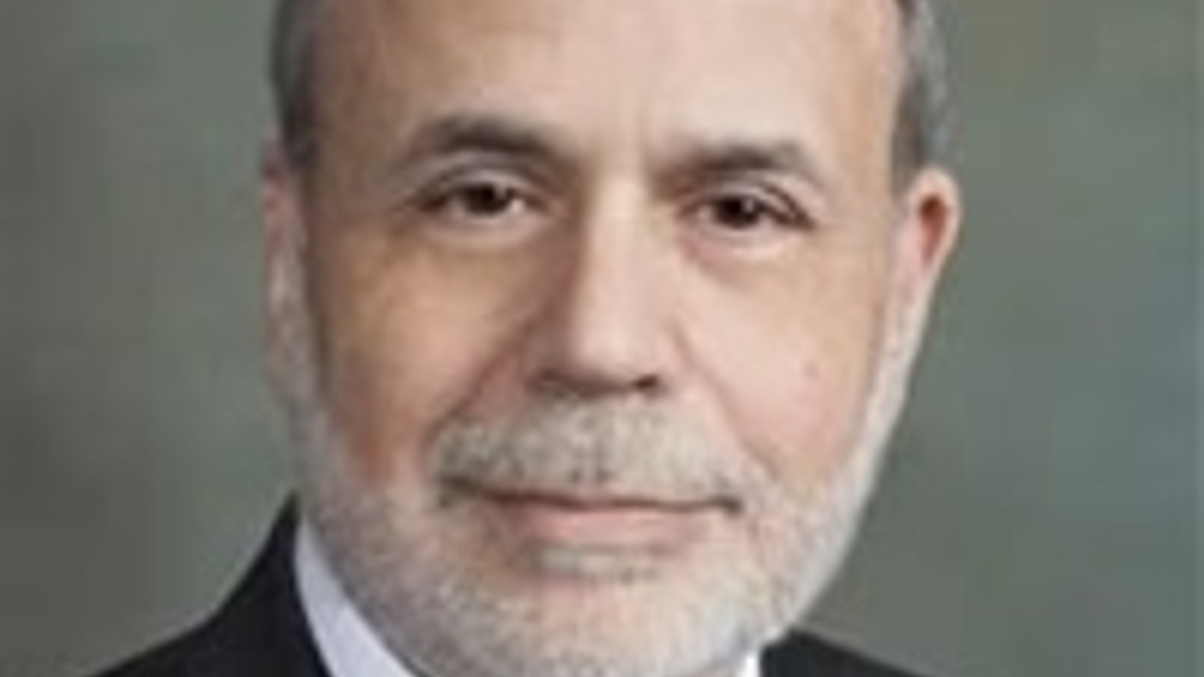Bernanke sees no EM debt crisis looming
Former US Federal Reserve chairman Ben Bernanke said emerging-market borrowers were not too badly exposed to the threat of a rising US dollar.

Former US Federal Reserve chairman Ben Bernanke says emerging markets are now better placed to weather volatility emanating from a strengthening dollar than they were in the mid-1990s, when a similar currency trend triggered the Asian financial crisis.
Sign in to read on!
Registered users get 2 free articles in 30 days.
Subscribers have full unlimited access to AsianInvestor
Not signed up? New users get 2 free articles per month, plus a 7-day unlimited free trial.
¬ Haymarket Media Limited. All rights reserved.


